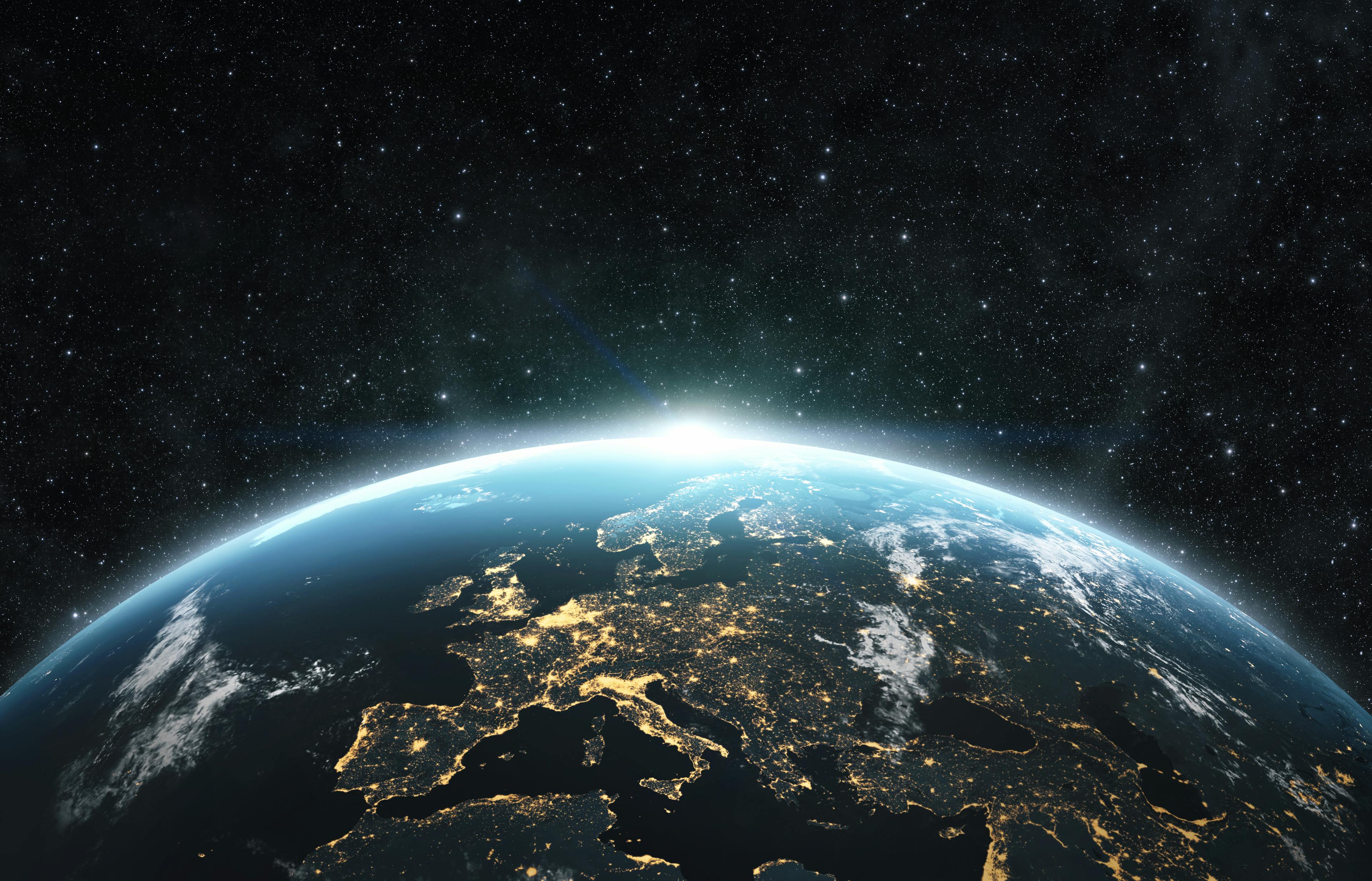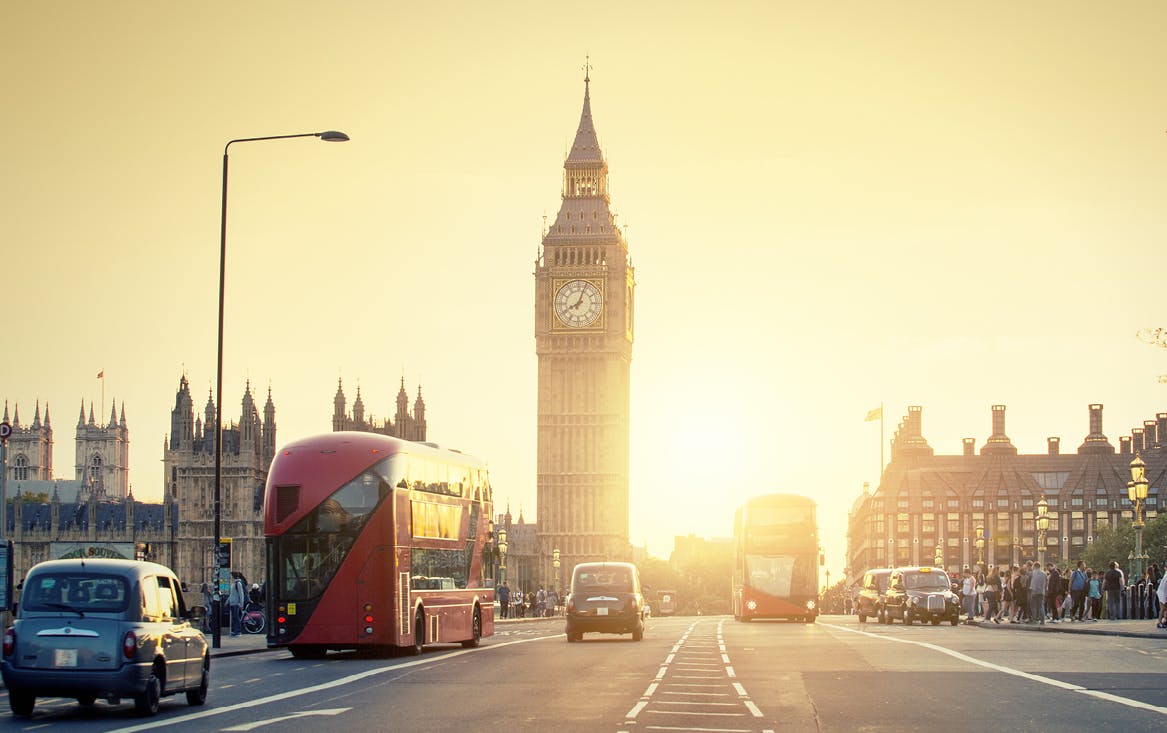Rory Stewart shares his sobering thoughts on where we are and what to watch for

Our keynote speaker at the Waverton Investment Forum, Rory Stewart, gave a fascinating talk on the shape of events since 1989. Looking at the last 30 years as three distinct phases, he talked about the turning points, possible causes and possible future development. Not surprisingly given his known political tendency to be centrist he was critical of the ‘fiscal event' last week, but the focus of his remarks was global.
The first phase ran from 1989 to 2005, starting with the fall of the Berlin Wall. This period was an age of liberal democracy, and politics were largely centrist. The Soviet Union was defeated and the number of democracies around the world doubled. The interventions in Bosnia in 1995 and 1999 were symptomatic of the time - the number of men at arms in the region fell drastically and the crime rate fell below that of Sweden.
The second era ran from 2005 until 2014. The war in Iraq was two years old and it was becoming clear that it was not going to plan. The era was defined by three main events - the failures in the Iraq and Afghanistan wars, the global financial crisis in 2008 and the Arab Spring in 2011 - a global event fuelled by social media. The calm of the previous era was beginning to wobble.
The third phase ran from 2014 until early 2022. This was the rise in populism. Several countries, such as Brazil and India, saw the election of different types of leaders. Most noticeable were the Brexit referendum and the election of Donald Trump. Perhaps the culmination of the populist movement was the storming of the US Capitol building and the non-acceptance of the US election result by Donald Trump. There was a lower key, but comparable event in the UK when Boris Johnson lambasted the Supreme Court following a disagreement over proroguing Parliament. Populism at its core is speaking for the people against the elite. We were seeing a new form of political doctrine. Whereas in the pre-2005 era, the electorate had clustered in the centre, now politics had become increasingly binary, with very little common ground.
Rory's (rather concerning) conclusion is that with Russia's invasion of Ukraine we have entered a new fourth era of global conflict. The return of land warfare to Europe raises questions that haven't been discussed since World War Two. In some respects, this conflict is being fuelled by populism and social media. Historically, new technology has often provoked conflict (think printing press, radio and TV), but we will in time culturally adapt to it and move on.
One of the major concerns for the new era is the role of China in the world, and particularly its relationship with Taiwan. China has played a huge role in the world's economic growth in recent years, but the recent Covid policies are changing this dynamic and impacting global supply chains.
Xi Jinping has admitted his interest in integrating Taiwan with China, albeit ideally in a peaceful manner. Yet it maybe that this conflict comes to pass, this could happen inadvertently, for example if the US seeks to reinforce Taiwan and China wishes to pre-empt this, or if there is an unplanned trigger incident. Alternatively, it may be that China feels that it needs to do it sooner rather than later, perhaps assumes that the West is vulnerable and cannot afford to react, not having the appetite for more economic pain.
Apart from the human costs, Taiwan produces 90% of the world's advanced semiconductors and 50% of the world semiconductors overall. Given the reliance on these products it may be that the world cannot afford not to intervene if Taiwan is invaded.
On the plus side, the coordinated and comprehensive set of sanctions that have been brought to bear on Russia have been relatively well enacted and may prove to be a deterrent to China. Concerningly, Rory estimated that there was a 40% chance that China will invade Taiwan in the next five years, but thinks that this probability may have been as high as 60% if it were not for the Russian sanctions.
Looking forward ten years, Rory suggested that things will look noticeably different, as things look so different to how they were ten years ago, but he believes that both China and the US will still represent major shares of the world economy. The last 200 years, where China's global weight was comparatively small, are the exception over the fulness of history.
Closing on a more upbeat note, Rory highlighted some areas that are going well. Not only are the developments in technology extraordinary, but this has expanded into vaccine technology - as demonstrated by the speed and success of the Covid vaccines. There also remains confidence in the financial institutions, and there was a strong coordinated response to Putin's aggression. Despite the apparent gloom, there are reasons to be positive.
The views and opinions expressed are the views of Waverton Investment Management Limited and are subject to change based on market and other conditions.
The information provided does not constitute investment advice and it should not be relied on as such. It should not be considered a solicitation to buy or an offer to sell a security.
All material(s) have been obtained from sources believed to be reliable, but its accuracy is not guaranteed. There is no representation or warranty as to the current accuracy of, nor liability for, decisions based on such information.




